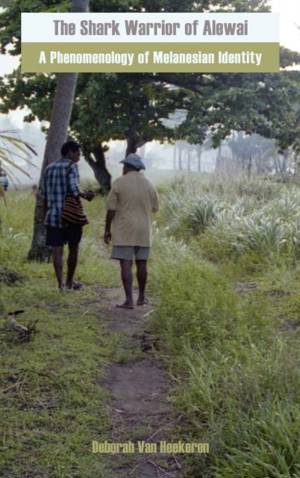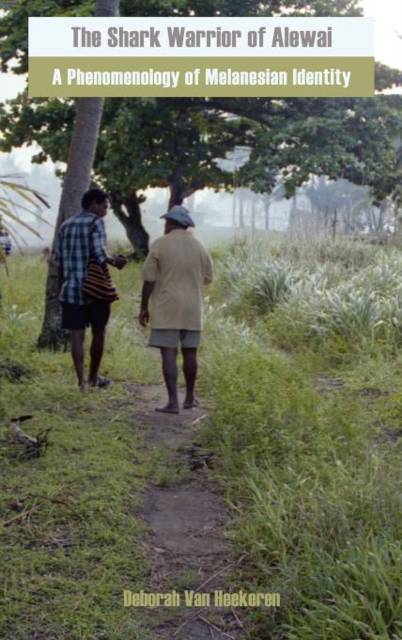
Door een staking bij bpost kan je online bestelling op dit moment iets langer onderweg zijn dan voorzien. Dringend iets nodig? Onze winkels ontvangen jou met open armen!
- Afhalen na 1 uur in een winkel met voorraad
- Gratis thuislevering in België vanaf € 30
- Ruim aanbod met 7 miljoen producten
Door een staking bij bpost kan je online bestelling op dit moment iets langer onderweg zijn dan voorzien. Dringend iets nodig? Onze winkels ontvangen jou met open armen!
- Afhalen na 1 uur in een winkel met voorraad
- Gratis thuislevering in België vanaf € 30
- Ruim aanbod met 7 miljoen producten
Zoeken
€ 128,95
+ 257 punten
Omschrijving
The first anthropological monograph published on the Vula'a people of south-eastern Papua New Guinea, The Shark Warrior of Alewai considers oral histories and Western historical documents that cover a period of more than 200 years in the light of an ethnography of contemporary Christianity. Van Heekeren's phenomenology of Vula'a storytelling reveals how the life of one man, the Shark Warrior, comes to contain the identity of a people. Drawing on the philosophy of Martin Heidegger, she goes on to establish the essential continuities that underpin the reproduction of Vula'a identity, and to demonstrate how these give a distinctive form to Vula'a responses to historical change. In an approach that brings together the fields of Anthropology, History and Philosophy, the book questions conventional anthropological categories of exchange, gender and kinship, as well as the problematic dichotomization of myth and history, to argue for an anthropology grounded in ontology.
Specificaties
Betrokkenen
- Auteur(s):
- Uitgeverij:
Inhoud
- Aantal bladzijden:
- 224
- Taal:
- Engels
- Reeks:
Eigenschappen
- Productcode (EAN):
- 9781907774034
- Verschijningsdatum:
- 31/01/2012
- Uitvoering:
- Hardcover
- Formaat:
- Genaaid
- Afmetingen:
- 156 mm x 234 mm
- Gewicht:
- 489 g

Alleen bij Standaard Boekhandel
+ 257 punten op je klantenkaart van Standaard Boekhandel
Beoordelingen
We publiceren alleen reviews die voldoen aan de voorwaarden voor reviews. Bekijk onze voorwaarden voor reviews.











